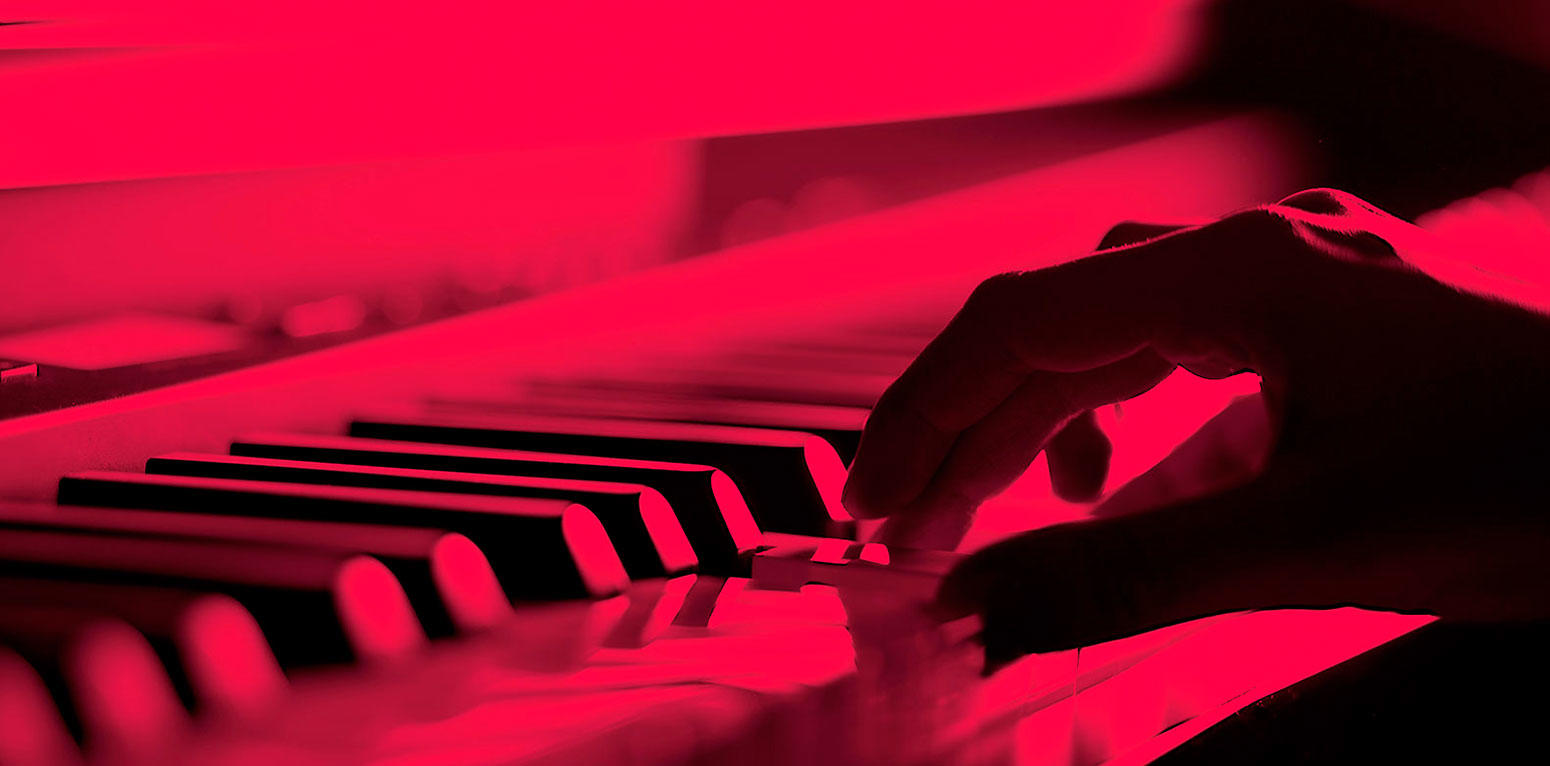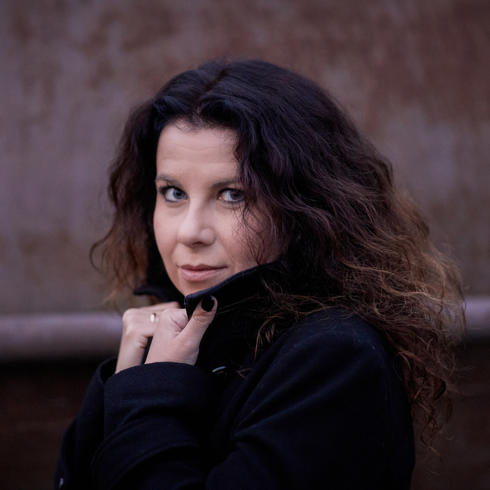
" Outside the Realm of Time "
For hologram-soloist and orchestra (2022)
Publication : PWM Edition
2024 SELECTION
- Nominated for : The Young Audience Prize 2025
- Nominated for : The Musical Composition Prize 2024
Memories, remembered images.
Is what we remember true?
Is what we are remembered for true, either?
Memory adds charm to images.
Does memory store images or the essence?
Or the smell, the taste, the less tangible things.
A memory is but a nostalgia for a moment.
Can we find the creature we once were?
Glimpse of an image.
Humans live in the glimpse of an image
multiplied by reflections.
The edifice of remembering.
Images fade and get blurred.
The future results from causes that we cannot grasp.
Am I outside Time, or subject to its laws?
As we read, do we all find the same meaning?
What if we read in translation?
What is being translated, words or meanings?
‘Outside the Realm of Time’ was commissioned by Südwestrundfunk. It was performed for the first time during the prestigious Donaueschinger Musiktage 2022; at the end of the festival, it was awarded the SWR Symphonieorchester Prize. The composition is written for a hologram-soloist and an orchestra consisting of, among others, three extensive percussion groups.
The text layer is based on the works and thoughts of Marcel Proust. It talks about the relationship and dependence between time and thoughts. In short, accurate and thought-provoking sentences, thoughts about the past, present and future are presented. The piece deals with the subject of the relationship between existence and memory: under the influence of time, memories fade, and what happened, forgotten – ceases to exist. The vocal part also includes references to the future and our approach to the unknown, which remains in the realm of conjecture and imagination.
The vocal part is performed in Polish by the composer's hologram. She appears in various dresses presenting different fragments of text. Both the hologram (visual) and orchestral (sound) parts refer to the content of the text and the topic it deals with.
In the musical layer, one can hear diversity and an ingenious approach to instrumentation, expressed, for example, in the juxtaposition of extreme-sounding instruments. The piece also explores the expressive and technical possibilities of the human voice.
The piece lasts for approximately 25 minutes.
------------
Text by Marcel Proust
We picture the future as a reflexion of the present projected into empty space, whereas it is the result, often almost immediate, of causes which for the most part escape our notice.
1.
It is dependent upon memory, this moment which it has registered endures still, lives still, and with it the person whose form is outlined in it.
2.
I was not situated somewhere outside the realm of Time, but was subject to its laws.
3.
Memory being sufficient to carry on the real life, which is mental.
4.
Helped me to understand how paradoxical it is to seek in reality for the pictures that are stored in one’s memory, which must inevitably lose the charm that comes to them from memory itself and from their not being apprehended by the senses. The reality that I had known no longer existed.
5.
Remembrance of a form is but regret for a particular moment; and houses, roads are as fugitive, as the years.
6.
But when from a long-distant past nothing subsists, after the people are dead, after the things are broken and scattered, still, alone, more fragile, but with more vitality, more unsubstantial, more persistent, more faithful, the smell and taste of things remain poised a long time, like souls, ready to remind us, waiting and
hoping for their moment, and bear unfaltering, in the tiny and almost impalpable drop of their essence, the vast structure of recollection.
7.
It is thanks to this oblivion alone that we can from time to time recover the creature that we were, she loved what leaves us now indifferent. In the broad daylight of our ordinary memory the images of the past turn gradually pale and fade out of sight, nothing remains of them.

